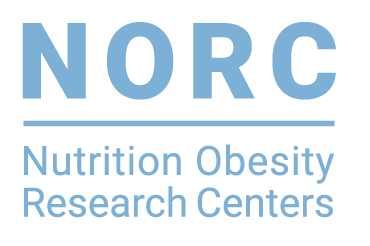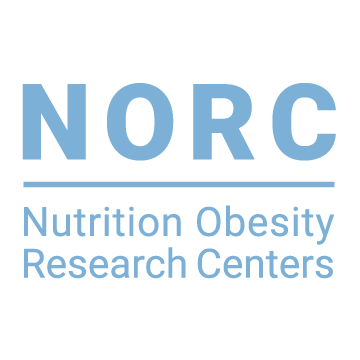Summary:
Roux-en-Y Gastric Bypass surgery (RYGB) has metabolic effects that may be independent of the weight loss achieved following the procedure. To better characterize these effects, NORCH member Nicholas Stylopoulos, MD, and colleagues addressed the metabolic differences between weight loss achieved by RYGB vs. weight loss achieved by dieting, investigating tissue-specific molecular changes in each condition in a murine model and also comparing molecular signatures of each condition in murine and human models. Although equivalent weight loss was achieved in C57BL/6 mice undergoing RYGB compared to weight-matched sham (WMS) controls, there was a vastly different molecular signature in the adipose tissue, liver, duodenum, jejunum, and ileum of the RYGB mice. In the RYGB mice, changes in the gut and the adipose tissue defined a new metabolic state that included intestinal remodeling, increased intestinal host defense mechanisms, and upregulation of inefficient metabolic processes that increase energy expenditure.
Citation:
Ben-Zvi D, Meoli L, Abidi WM, Nestoridi E, Panciotti C, Castillo E, Pizarro P, Shirley E, Gourash WF, Thompson CC, Munoz R, Clish CB, Anafi RC, Courcoulas AP, Stylopoulos N. Time-Dependent Molecular Responses Differ between Gastric Bypass and Dieting but Are Conserved Across Species. Cell Metab. 2018 Jun 26. [Epub ahead of print]
Research Details:
- Research Center: Harvard Medical School
- Featured NORC Members: Clary Clish, PhD, Broad Institute, NORCH Metabolic Phenotyping Core; Nicholas Stylopoulos, MD, Assistant Professor of Pediatrics at Boston Children’s Hospital.
- Center Contributions: Stylopoulos is a NORCH member and Dr. Clish directs the Metabolomics services of the NORCH Metabolic Phenotyping Core.

